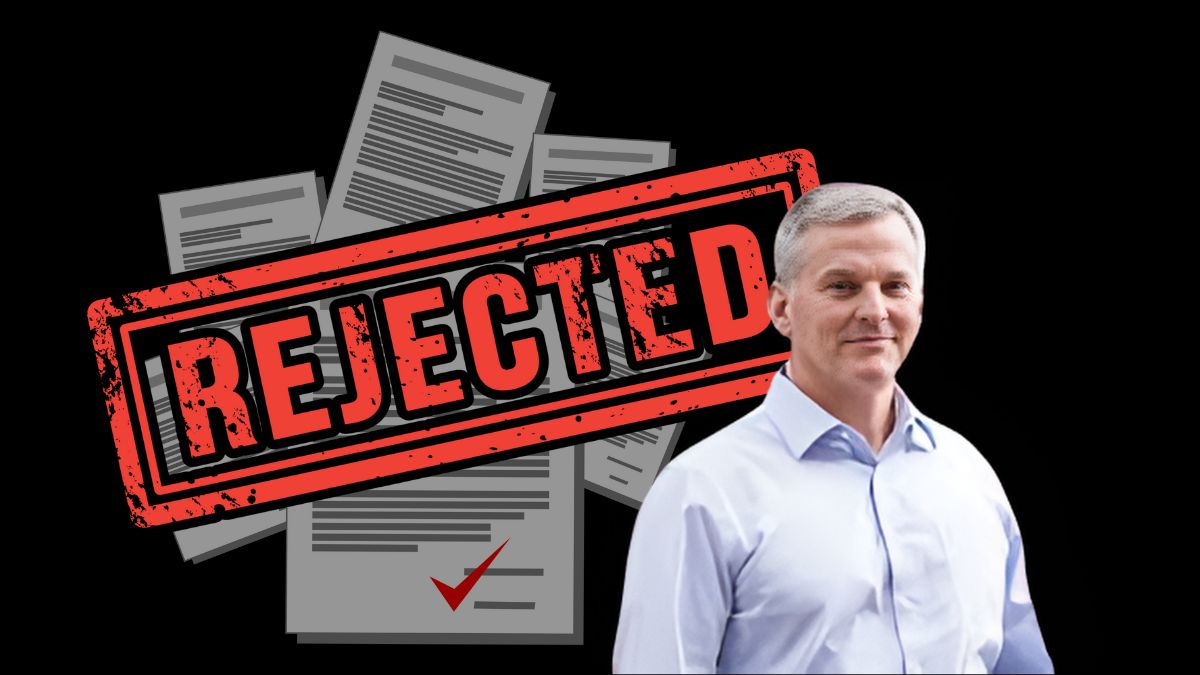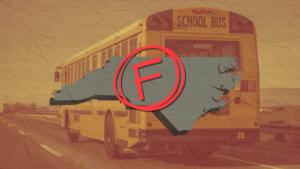Governor Josh Stein has vetoed several bills that, if passed, would have an impact on North Carolina’s charter schools, environment, and the balance of political power.
Two of the bills would grant increased power to Republicans in the state: House Bill 402 and House Bill 549.
House Bill 402, The REINS Act, would require the Republican controlled state legislature to approve any proposed rule or regulation from state agencies that would have a cost of $20 million within five years. Regulations with lower costs, over $10 million or over $1 million, would require unanimous approval or two-thirds approval, respectively, from the appropriate board or commission. This would take the power of controlling regulation not just from Stein but also from other members of the Council of State- a council of 10 elected officials, 5 Democrats and 5 Republicans.
Republican lawmakers insist that the legislation would cut costs for businesses and consumers by preventing the government from introducing costly regulations that businesses would, in turn, pass the cost down to the consumer. However, Stein proclaims that the bill would be a hindrance to establishing regulations that protect the state’s environment and the health of North Carolinians.
“This bill would make it harder for the state to keep people’s drinking water clean from PFAS and other dangerous chemicals, their air free from toxic pollutants, and their health care facilities providing high-quality care,” Stein wrote in a press release. “It would impose red tape, including an unworkable unanimity requirement, that would hamstring the decision-making of agencies, boards, and commissions, making them less effective at protecting people’s health, safety, and welfare.”
House Bill 549 also calls for increased oversight, but from one specific state politician: Republican state Auditor Dave Boliek. Since winning the 2024 general election, Boliek has been the focus of several recent pieces of legislation passed by Republican lawmakers in an attempt to bolster the only council of state seat to flip from a Democrat to a Republican in the 2024 election.
House Bill 549 would increase Boliek’s investigative scope into any agency or organization receiving state funds, allowing him to access any of these entities’ databases and digital records for that purpose. Though supporters say this will increase transparency into the spending of tax dollars, critics say the new rules and increased reach of the Auditor go to the level of intrusion. Stein himself says that the level of intrusion could hurt business prospects for the state in the future.
“House Bill 549 would grant the Auditor sweeping access to the data and records of any private corporation that accepts any amount of state funding. Giving the Auditor this intrusive power may undermine our state’s efforts to recruit businesses to North Carolina,” said Stein.
Stein also points to the security risks the bill brings. “Additionally, the bill would remove the Office of State Auditor from the state’s cybersecurity efforts led by the Department of Information Technology, putting North Carolinians’ personal identifying information at heightened risk of a breach.”
Senate Bill 254 also deals with oversight, but in a press release, Stein says he vetoed this bill over the lack of oversight it would bring. Senate Bill 254 removes the Superintendent of Public Instruction, Democrat Maurice “Mo” Green, and the State Board of Education from charter school oversight and shifts that power to the state’s Charter School Review board, whose members are selected by the Republican-led General Assembly.
In a press release, Stein says the bill infringes on the authority of the State Superintendent and the State Board of Education. “Senate Bill 254 is an unconstitutional infringement on the authority of the State Board of Education and the Superintendent of Public Instruction. Additionally, it weakens accountability of charter schools when every North Carolina student deserves excellent public schools, whether traditional or charter.”
Stein vetoed a separate bill over accountability problems; Senate Bill 266, which would walk back Duke Energy’s carbon-reduction goals that they were held to four years ago through a separate law. Supporters of the bill argue it would lower costs for customers.
In his statement on the veto, Stein claims it will cost North Carolinians more.
“This summer’s record heat and soaring utility bills has shown that we need to focus on lowering electricity costs for working families — not raising them.”
Stein points to an independent analysis of the bill that showed, if it becomes law, it could cost Duke Energy customers in North Carolina up to $23 billion through 2050 due to higher fuel costs. Other opponents of the bill point to a provision that would allow Duke to charge customers for power plants that have not yet been completely built, pointing to the fact that Duke has a history of canceling expensive projects, leaving customers with higher rates with nothing in return.
In his statement, Stein says this bill would put more strain on the energy bills of the average person. “This bill not only makes everyone’s utility bills more expensive, but it also shifts the cost of electricity from large industrial users onto the backs of regular people — families will pay more so that industry pays less.”
With the redaction of clean energy goals and a rate hike for consumers, Stein says he cannot support this bill. “My job is to do everything in my power to lower costs and grow the economy. This bill fails that test.”
House Speaker Destin Hall and Senate Leader Phil Berger both stated they were disappointed with the veto. “I’m disappointed in the governor’s veto of the ‘Power Bill Reduction Act,’ which would have delivered cheap, reliable energy to North Carolina, cut the red tape that is choking innovation and long-term energy solutions, and saved consumers over 12 billion dollars,” Hall said.
Berger called Stein a “Green New Deal Radical,” adding, “His veto of a commonsense bill, which would save North Carolinians 15 billion dollars on their electric bills, proves it.” Both leaders expect to override the veto.





